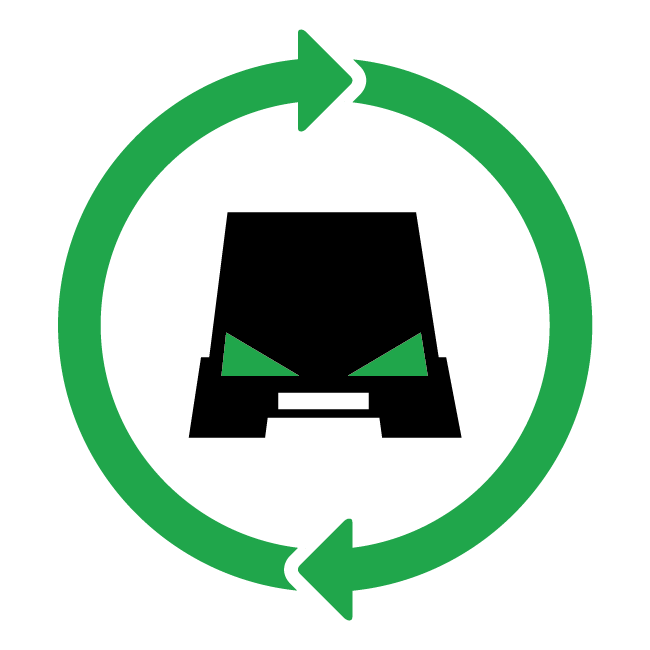Lease Purchase
The term 'Lease Purchase' was introduced into the finance industry to describe a Hire Purchase or Conditional Sale contract, but with a payment structure that is similar to a lease, where instead of a deposit being paid, a customer may be required to make advance payments. A balloon payment can also be added to reduce the repayments. The balloon payment is the responsibility or the customer, it is not a guaranteed future value like on a PCP.
Profile
- Deposit - there usually is a minimum deposit of 2 rentals in advance
- Fees - there are usually fees attached to a Lease Purchase Agreement
- Payments - payments are fixed for the duration of the agreement
- Mileage - there are no mileage restrictions on a Personal Loan Agreement
- Insurance - the vehicle will need to be comprehensively insured for the period of the hire
- Condition - the customer must keep the vehicle in a roadworthy condition
- Interest Rate - the interest rate is fixed for the duration of the agreement
Early Settlement
A Lease Purchase agreement can be settled at any time by the customer by paying the balance of finance outstanding to the lender. The lender may allow the customer a rebate of the interest if the outstanding finance balance is settled before the agreement end date. If it is a Lease Purchase agreement regulated by the FCA, the minimum amount of rebate will be set out in the FCA's rules. You can make additional payments & receive a corresponding reduction in interest.
End of the agreement
At the end of a Lease Purchase agreement, once all the contracted payments have been made, the customer will automatically take legal title to the goods. If it is a HP Lease Purchase agreement then the option to purchase fee will also need to be paid. If there is a balloon payment, the customer can:
- Sell - the vehicle to a third party, pay the balloon payment, any surplus is the customers. If there is a shortfall, the customer is liable for the amount.
- Part exchange - the vehicle, pay the balloon payment & put any surplus towards the deposit on the next vehicle. If there is a shortfall, this will be negative equity that will be carried forward to the next vehicle.
- Pay - the balloon payment & own the vehicle outright.
Voluntary termination
Voluntary termination, also referred to as the Half Rule, allows a customer to terminate the agreement & hand the vehicle back to the lender. To do this, half of the total amount repayable in the agreement must have been paid. This is the full price of the vehicle, plus the total interest charges & fees. The vehicle must be in a reasonable condition for its age and mileage & any arrears will also have to be paid.



